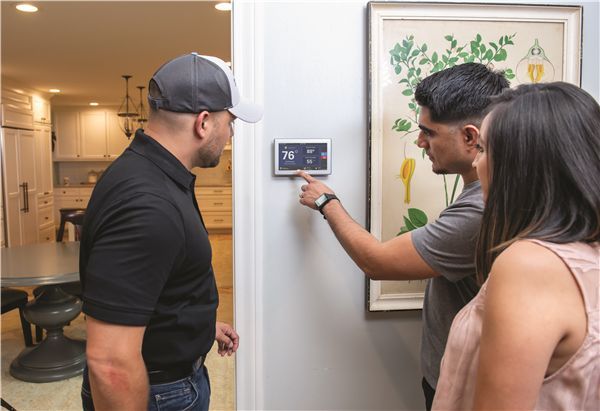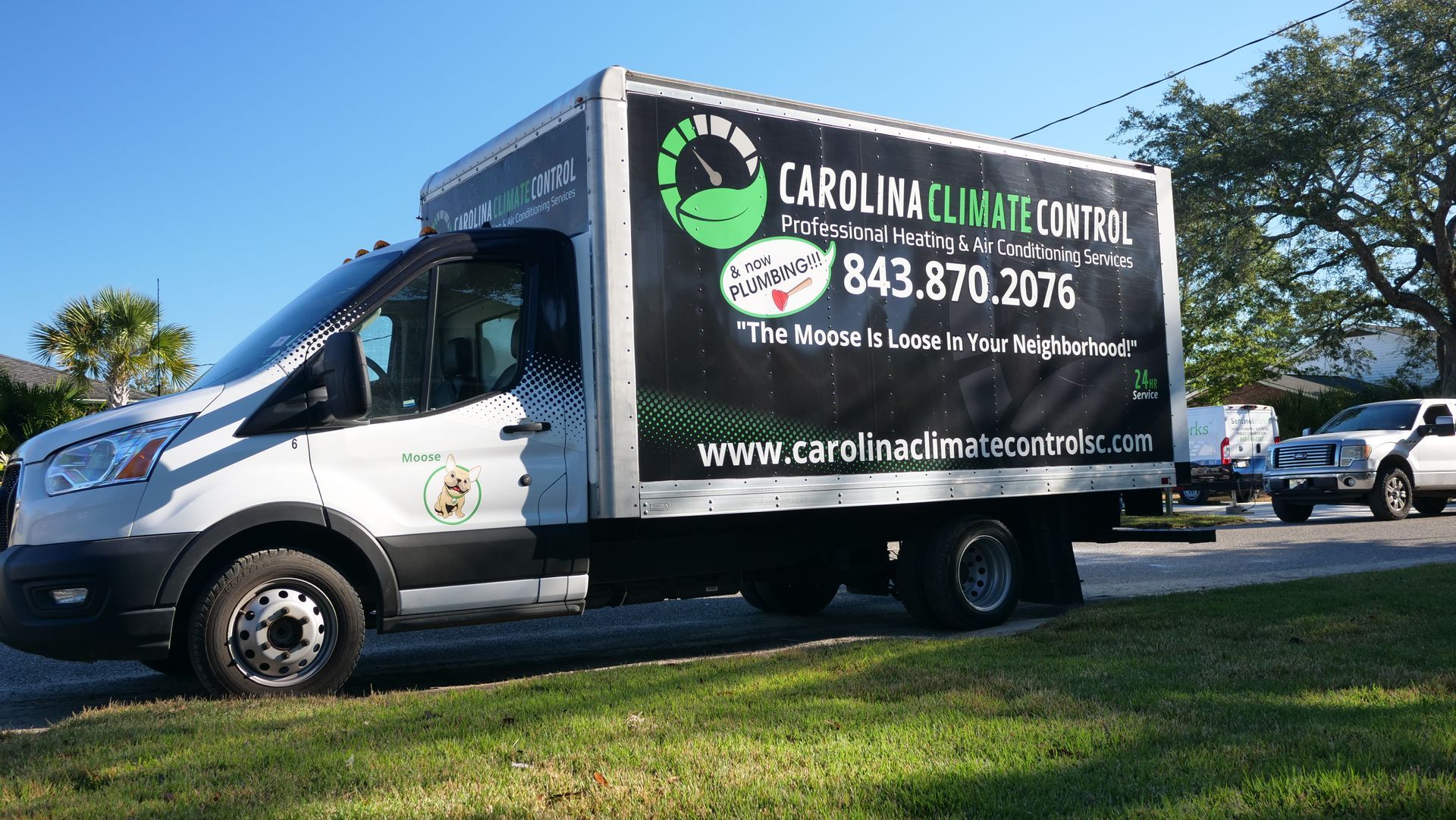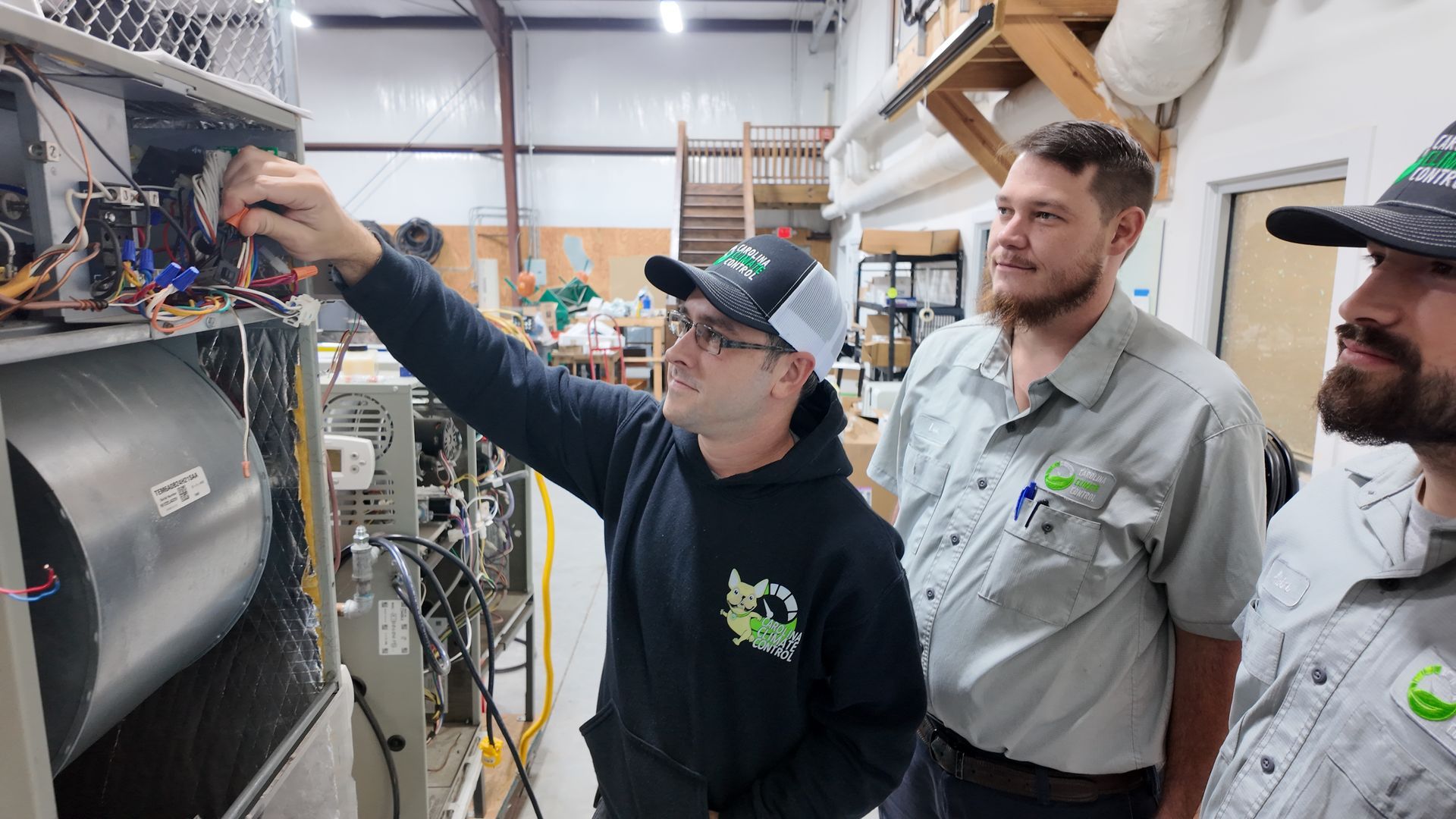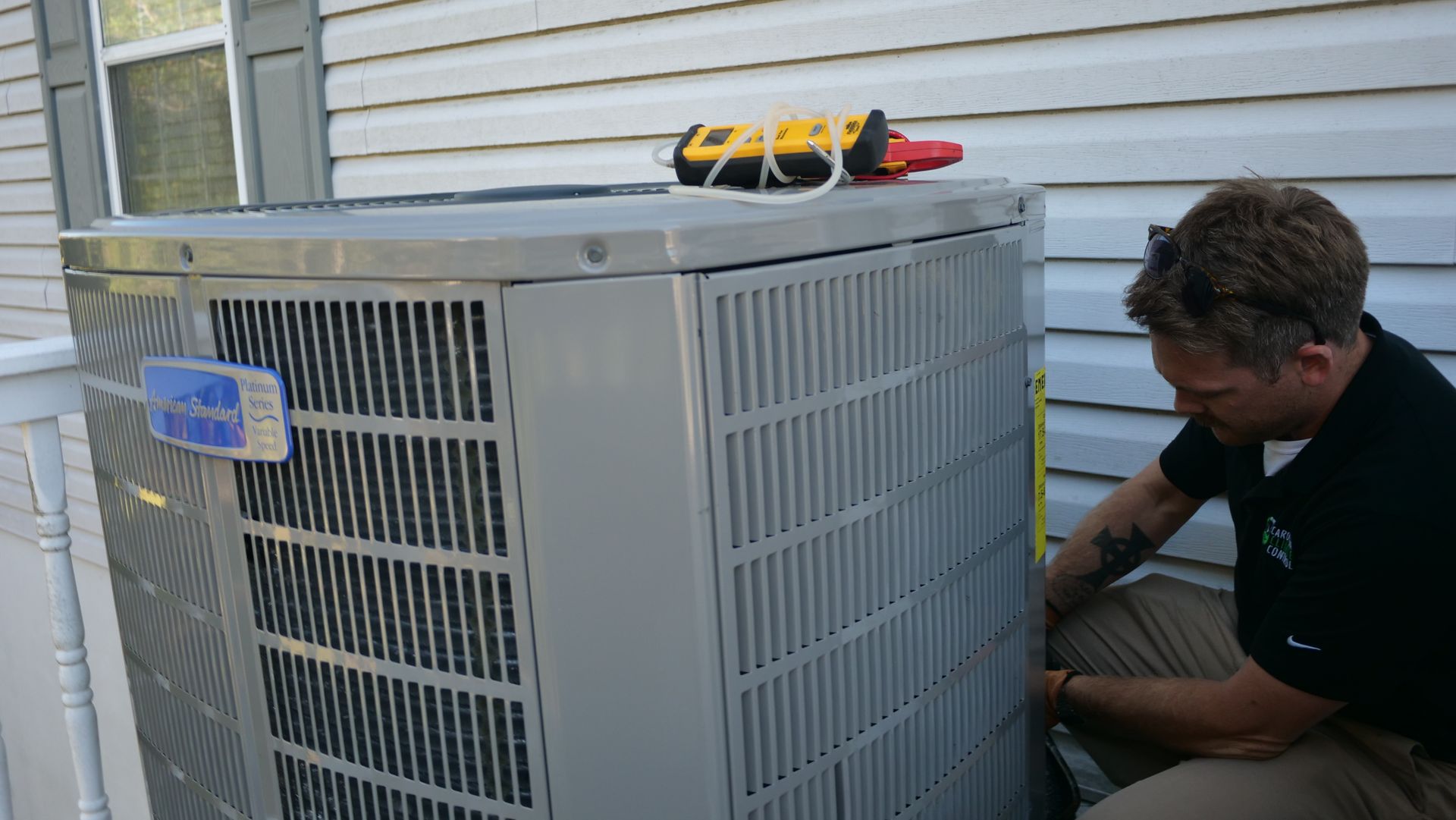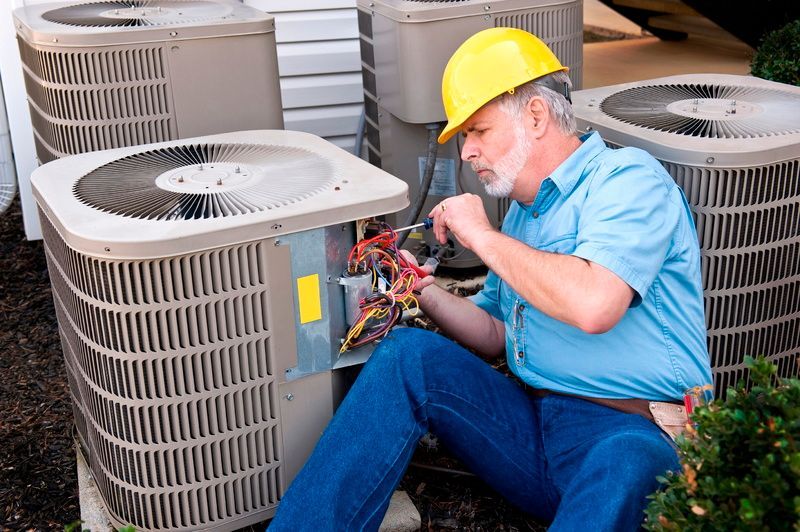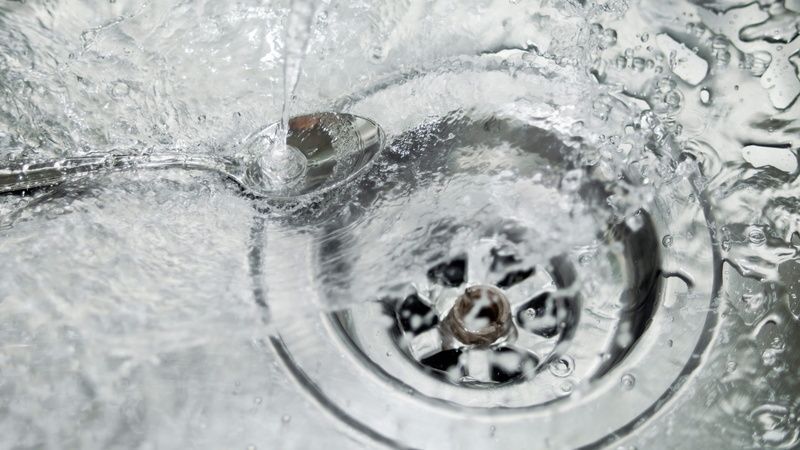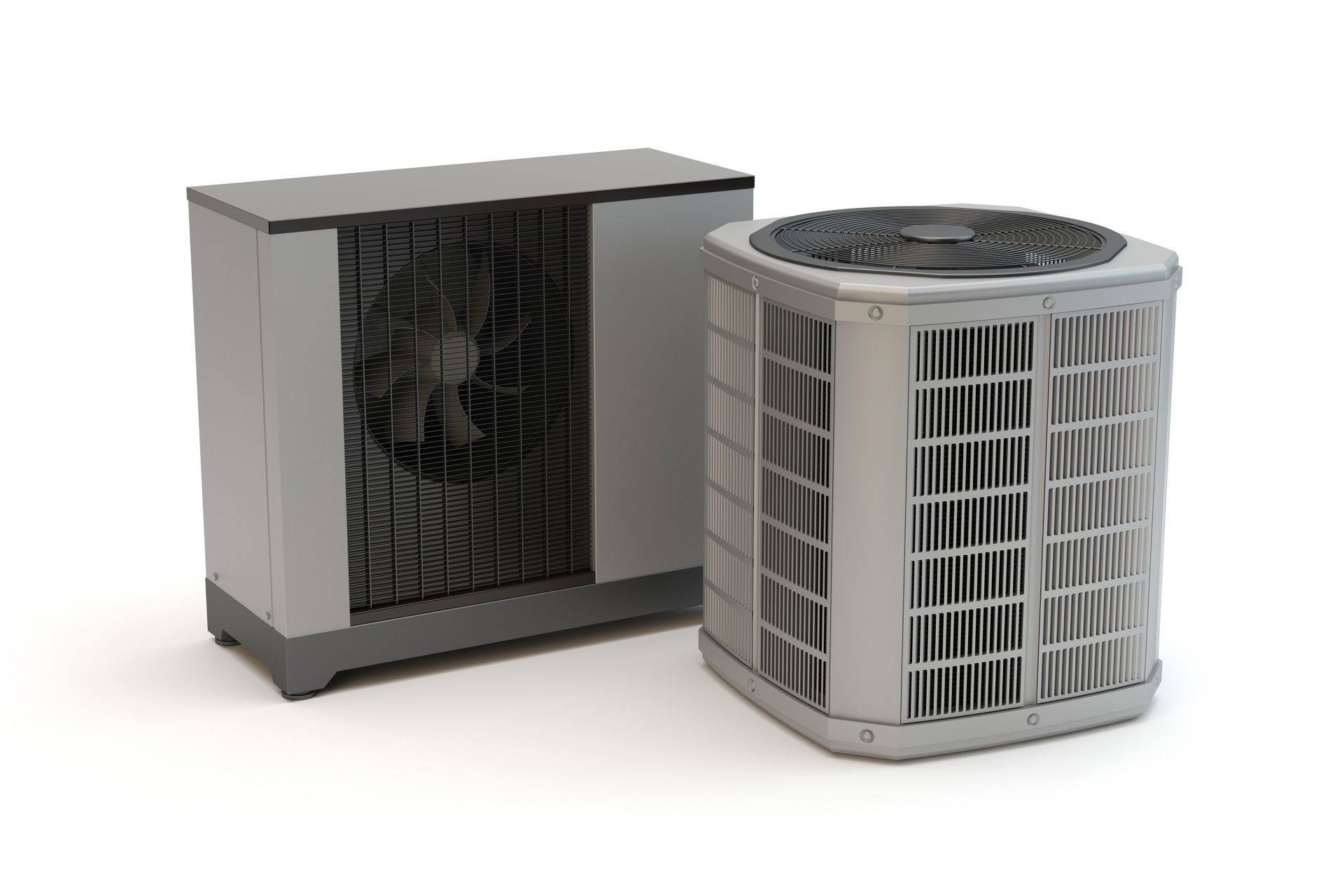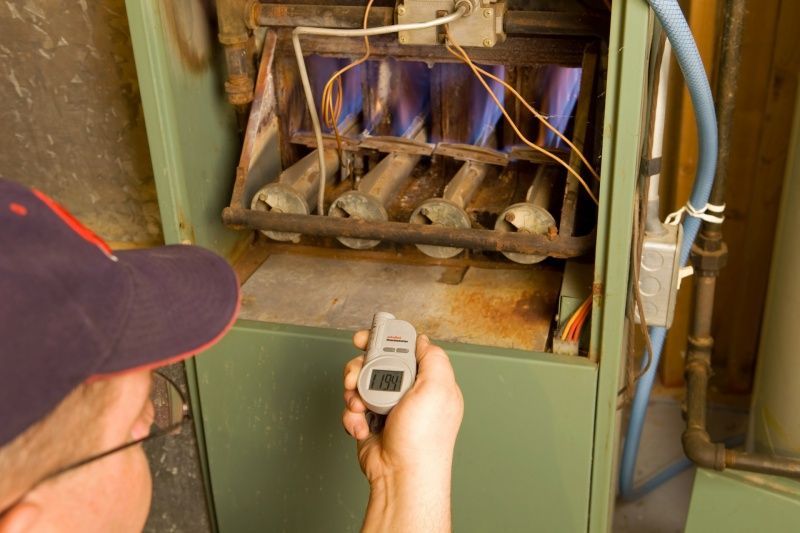HVAC Tax Credits Explained: Here’s Everything You Need To Know
Protecting the planet from the effects of climate change has never been more important than it is today. And there are a lot of ways that people can do their part to help.
But it can be difficult to keep track of what the right things to do are. When’s the best time to water your lawn or run your dishwasher? Are there more ways you could be saving electricity?
The good news is that the United States federal government is willing to help right now by providing HVAC tax credits. Read on to learn everything you need to know to take advantage of this incentive.
What Are the Federal HVAC Tax Credits?
The federal government of the United States has implemented tax credits for investing in energy efficiency. This means that those who upgrade equipment and invest in renewable energy can have the amount of taxes they pay reduced. And HVAC systems are one of the items that qualify right now.
These systems can be expensive, so even if they’re having problems a lot of people will try to put off getting it replaced. This often means that their HVAC system is not as energy efficient as it should be. The more energy people use, the more greenhouse gases can be released into the atmosphere.
This is exactly what these types of tax credits intend to fight. They’re motivation for people to invest in clean energy and energy-efficient equipment. It’s one way the United States is trying to fight climate change.
Right now, the federal government is offering tax credits of ten percent of the total cost of qualifying HVAC systems. This amount can be claimed for up to five hundred dollars. This incentive ends after the 2021 tax cycle.
How Does This Help You?
For you, this means that you can reduce the amount of federal taxes you owe by five hundred dollars. That’s money that can help pay for your new HVAC system almost right away!
In other words, if you’re hesitating to upgrade your HVAC because you’re worried about cost, your federal governments are willing to help you pay for it. This is meant to encourage people who have been sitting on this decision for a while to go ahead and get it done now.
And there are other benefits too. An energy-efficient HVAC system means that your system won’t use as much power to run. This means that you can save some money on your energy bill every month after getting the system installed.
In other words, your system will eventually pay for itself. Between the tax credits and energy savings, upgrading your HVAC system has never been more affordable than now.
Furthermore, you can feel confident that you’re doing your part to help protect the environment when you upgrade your HVAC system. It’s just one of the few things you can do to reduce fossil fuel usage. And the best part is that you’re saving money while you do it.
Qualifying for Tax Credits
Tax credits are nice, but this information is useless without knowing what systems qualify.
The first thing you want to check is the Seasonal Energy Efficiency Ratio (SEER). To qualify for the tax credit, your new system should have a SEER of sixteen or higher. The contractor who installed your new HVAC system should be able to give you this information.
They should also be able to give you the paperwork that proves that your system qualifies for tax credit coverage. There should be a certificate from the AHRI proving that it qualifies for the tax credit. You might also be able to tell it qualifies if your system says that it’s EnergyStar certified.
If you’re not sure if your system qualifies, the AHRI has a website out right now that allows you to check. You can use this tool to check if your new system qualifies before you commit to purchasing one. Those that already have purchased a system recently can also use this website to check if they qualify if they aren’t sure.
What if You Upgraded Your HVAC in 2020?
If you upgraded your HVAC system within the last few years, then you may be thinking that you’ve missed out on a good incentive. The good news is that this isn’t true.
This tax incentive has been running since the 2017 tax cycle and will be running through the end of the 2021 tax cycle. This legislation also allows anyone who didn’t know about it when they purchased to claim this credit retroactively. In other words, as long as you upgraded your HVAC system as recently as 2017, then you can still claim the tax credit on your 2021 taxes.
You still have time to claim your tax credit if you upgraded your system in 2020. You’ll receive the same benefits as someone upgrading their system this year if you do.
So there’s no need to feel frustrated for not claiming that money sooner. You can still get compensated for ten percent of your new system’s cost.
But you should double-check that your system qualifies before you get too excited. Not every new HVAC system will be covered after all. Check the AHRI’s website to see if your system qualifies so that you can get your tax credit this year.
Upgrade Your HVAC System Today
Upgrading your HVAC system is a great way to lower your energy bill and help the environment at the same time. And right now is the best time to do it thanks to the federal HVAC tax credits.
We’re one the best in the business when it comes to HVAC upgrades. We’ll get you set up with an EnergyStar-approved system that will help you save money and energy every month. And you might even be able to get the federal tax credit for it!
Get a free estimate today and see what we can do for you.
The post HVAC Tax Credits Explained: Here’s Everything You Need To Know first appeared on Carolina Climate Control.
